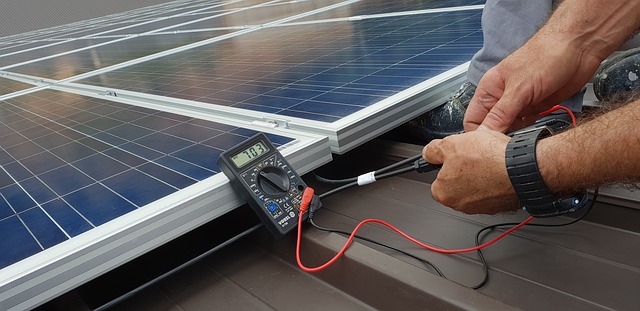
Photovoltaic panels are flourishing on rooftops in Europe and around the world but, in the case of integrated installations, how many problems of sealing have been caused by this installation?
We are now building very well isolated homes in many countries, but how often do we fail to achieve the promised energy performance?
We rely more and more on automation and regulation, for example, to optimize the energy consumption of our heating or air conditioning systems. How many times have we felt a loss of comfort for few savings?
The common point to all these well-known stories? a poorly controlled installation.
Energy transitions represent such a potential activity that the industry is replete with new solutions and new products, which are often very powerful. But, what value do these products have if the installation specifications are not respected?
Installers are therefore at the center of energy transitions and sometimes we see two types of incompetence.
– Voluntary incompetence, a form of eco-delinquency: the energy transition boom is a promise of easy money, which attracts actors who are not concerned with quality. Subsidies are probably spent by consumers with less vigilance: in a devilish way, they are therefore offered 100% self-consumption and the end of energy bills, as easily as air-to-air heat pumps at more than 1000 m altitude.
– Unintentional incompetence, out of ignorance, because it is difficult to be up to date in a world as bubbling as that of energy and some feel able to install everything as soon as they feel a vague proximity between their skills and the work to be done.
The consequences are serious because beyond the disasters caused by these faulty installers, it is the credibility and the image of the new technologies and thus the energy transitions which are damaged.
The neighbors of a “victim” are always reluctant to commit themselves because these situations, fortunately not majority, are those which mark more and that the public keeps in memory: the deployment of the transitions is thus considerably slowed down.
The residential sector is probably the most exposed to these risks, due to its diffuse nature, the small size of the installers and its level of information which is often limited.
All the actors have a strong interest to act and to develop the training of the installers, to structure the results of these trainings by approvals or authorizations and to make public and visible the level reached by each one thanks to certifications or labels of more in addition, to win the trust of consumers.
Thus, the public authorities must guarantee the success of national energy transitions, manufacturers must guarantee the commercial success of their products, either through professional associations to educate the market, or directly by managing their own network of installers, the installers themselves. same so that the best performers are not in their turn victim of the less good.
The most delicate point remains, especially for the residential market, to establish the most effective device for education and consumer information to make them able to detect too many cases of voluntary incompetence.
Subscribe to receive every quarter all articles of the blog: [sibwp_form id=2]

Leave a Reply